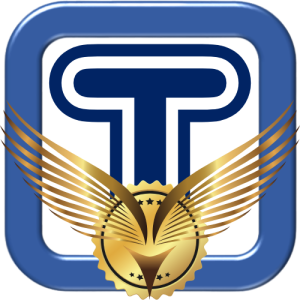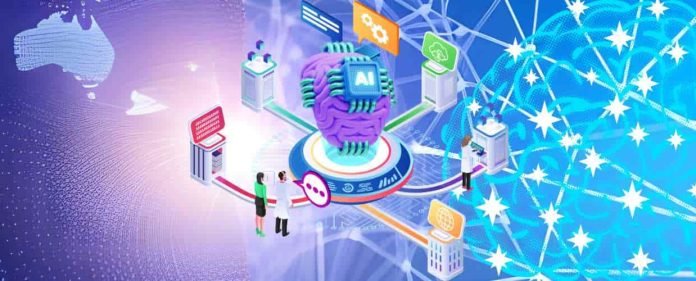In an era of rapid technological advancement, few innovations have captured the imagination and the potential for profound change as Artificial Intelligence (AI) has. As we navigate the uncharted waters of this digital age, we must engage in a thoughtful and informed discourse about the implications of AI on our society, economy, and individual lives.
AI, once confined to the realm of science fiction, has rapidly evolved into an integral part of our daily lives. From voice assistants understanding our queries to autonomous vehicles navigating our roads, AI systems have seamlessly integrated into various sectors, revolutionizing how we live, work, and interact. However, with these advancements come ethical, societal, and economic considerations that cannot be ignored. One of the most significant concerns in the realm of AI is its potential impact on employment. As artificial intelligence technologies continue to develop, there is an understandable fear of job displacement across industries. While some repetitive tasks might be automated, AI’s true potential lies in complementing human capabilities, enhancing productivity, and creating new opportunities. The key lies in reskilling the workforce to adapt to the changing landscape and harness the synergistic potential of human-AI collaboration.
Ethics and bias within AI algorithms have also garnered considerable attention. AI systems learn from data, and if that data contains biases, the algorithms can perpetuate and even amplify those biases, leading to unfair outcomes. Developers must implement transparent and responsible AI practices that address bias, promote diversity, and ensure that artificial intelligence technologies are built to enhance human dignity and equity rather than exacerbate existing inequalities. The profound influence of AI extends to healthcare, where predictive analytics and diagnostic tools are revolutionizing patient care. AI-driven models can analyze vast amounts of medical data, leading to more accurate diagnoses and personalized treatment plans.
However, maintaining patient privacy and data security becomes paramount as these systems gain prominence. Striking the right balance between technological innovation and ethical safeguards will be pivotal in establishing a trustworthy healthcare AI ecosystem. In the realm of creativity, AI-generated art, and literature have sparked both intrigue and skepticism. The concept of machines producing works that elicit genuine emotion challenges our understanding of human creativity. While AI can mimic patterns and styles, it lacks the emotional depth and contextual knowledge that define truly human creations.
Rather than fearing displacement, artists and writers should embrace AI as a tool to augment their creative processes, opening new avenues for exploration. Undoubtedly, the progress of artificial intelligence also demands an overhaul of education systems. Preparing the current and future generations to navigate a world heavily influenced by AI requires fostering computational thinking, problem-solving skills, and an understanding of AI’s underlying principles. As AI becomes more pervasive, it is not just technology literacy but AI literacy that will empower individuals to make informed decisions and actively participate in shaping AI’s trajectory. As we contemplate the course of AI’s development, it is clear that an interdisciplinary and collaborative approach is necessary. Engineers, ethicists, policymakers, and citizens must engage in meaningful conversations to balance innovation and responsibility. We can only harness AI’s full potential for humanity’s betterment through such collective efforts.
In conclusion, the rise of Artificial Intelligence marks a pivotal moment in human history, challenging us to redefine our relationship with technology, ethics, and human potential. Our responsibility is to ensure that AI’s journey aligns with our core values, fostering a future where innovation, equity, and creativity flourish hand in hand.



